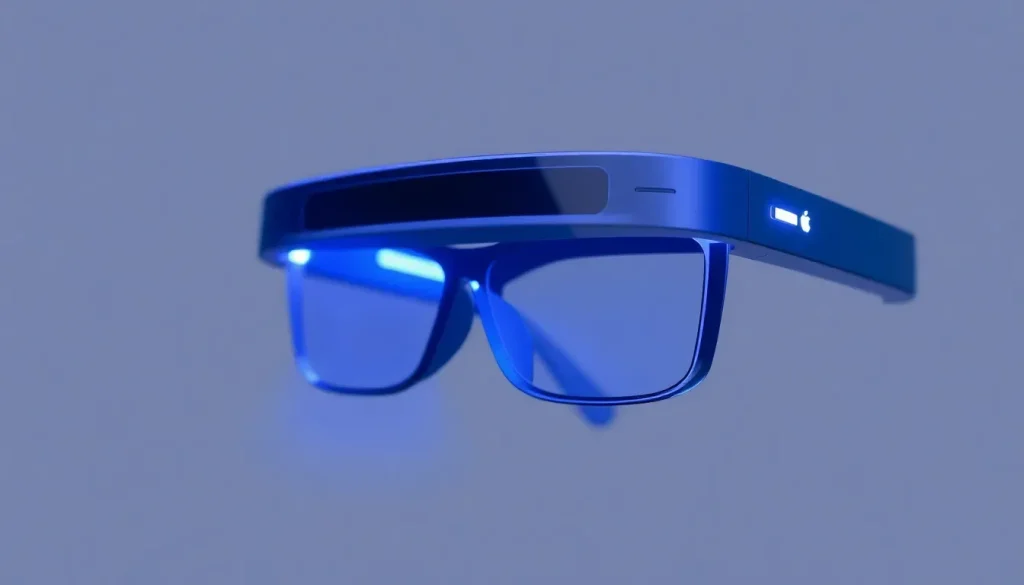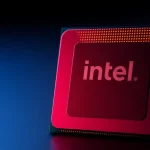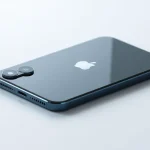Apple Vision Air reportedly canceled due to Meta AI glasses rivalry

The race in the tech world to dominate the augmented reality (AR) and artificial intelligence (AI) glasses market is heating up, with major players like Apple and Meta vying for the top spot. Recent reports indicate that Apple is shifting its focus and resources to develop AI-powered smart glasses, a move that may redefine its strategy in the competitive landscape of AR technology.
As Bloomberg has recently reported, Apple has decided to put on hold its plans for a lighter and more affordable version of the Apple Vision Pro headset. Instead, the company is accelerating the development of smart glasses aimed at competing with Meta’s AI-enabled eyewear.
- Apple's Vision Pro: The Original Plan
- Strategic Shift: Prioritizing Smart Glasses
- The Competitive Landscape: Meta's Advantage
- Insights into Apple’s Smart Glasses Development
- Technological Innovations on the Horizon
- The Future of Smart Glasses: What Lies Ahead?
- Accessory Deals to Enhance Your Apple Experience
Apple's Vision Pro: The Original Plan
The Apple Vision Pro was initially intended to be a groundbreaking headset, combining cutting-edge technology with user-friendly design. Apple had been working on a lighter version, targeted for a 2027 launch, which would also come with a more accessible price point. This idea was part of a broader strategy to make AR technology mainstream, appealing to a wider audience beyond tech enthusiasts.
Strategic Shift: Prioritizing Smart Glasses
According to industry analyst Ming-Chi Kuo, Apple has been developing multiple head-mounted products, including:
- An M5 variant of the Apple Vision Pro expected in 2025;
- A second-generation Apple Vision Pro anticipated for late 2028;
- First-generation Apple Glasses, slated for release in Q2 2027;
- Two models of XT smart glasses projected to enter mass production by 2028;
- A “display accessory,” with minimal details available at this time.
Among these initiatives, the first-generation Apple Glasses have garnered significant attention. Earlier this year, Bloomberg reported that CEO Tim Cook had elevated the project to a top priority status, despite the noted 2027 launch timeline.
The Competitive Landscape: Meta's Advantage
Meta has already established a formidable presence in the smart glasses market, successfully selling over 2 million units of its eyewear produced in collaboration with Luxottica. The recent unveiling of the Meta Ray-Ban Display, featuring display capabilities integrated with AI technology, positions Meta as a leading competitor in this sector.
In light of Meta’s advancements, Apple’s decision to shelve the Vision Pro revamp is seen as a necessary redirection of resources. The goal is to develop smart glasses that can effectively rival those offered by Meta Platforms Inc.
Insights into Apple’s Smart Glasses Development
Reports indicate that Apple is working on at least two distinct types of smart glasses:
- The first model, referred to as N50, will lack its own display and will connect to an iPhone. Apple aims to reveal this model as early as next year, with a subsequent market release projected for 2027;
- The second model will be display-enabled, with expectations set for a 2028 launch, indicating a substantial push toward integrating advanced features.
Apple’s strategy appears to emphasize heavy reliance on voice interaction and artificial intelligence, mirroring some of the functionalities seen in Meta’s products. However, Apple has faced challenges in refining its AI capabilities, which may impact the development timeline and effectiveness of its upcoming devices.
Technological Innovations on the Horizon
The anticipated smart glasses from Apple are expected to incorporate a variety of innovative features:
- Integration of a new chip designed to enhance performance;
- Multiple style options catering to different consumer preferences;
- Potential health-monitoring capabilities, leveraging Apple's existing health technology ecosystem.
These advancements could not only enhance user experience but also allow Apple to carve out a niche in the burgeoning smart glasses market.
The Future of Smart Glasses: What Lies Ahead?
As Apple and Meta continue to develop their respective products, the future of smart glasses appears promising yet competitive. The rapid pace of innovation in AR and AI technologies is likely to lead to significant changes in how consumers interact with their devices. Apple’s decision to pivot its resources towards AI glasses reflects a strategic move to stay relevant in an ever-evolving marketplace.
As the tech community watches closely, discussions about the implications of these developments are already underway. Are Apple's new plans the right approach to compete against Meta's advancements? The answer may ultimately depend on consumer response and the effectiveness of the innovative features that both companies bring to market.
For more insights into the competition between Apple and Meta, check out this video that dives into the strategies and innovations of both companies:
Accessory Deals to Enhance Your Apple Experience
In the meantime, if you’re looking to enhance your Apple experience, consider these accessories available on Amazon:
- Logitech MX Master 4 – NEW
- AirPods Pro 3
- Wireless CarPlay adapter
- iPhone Air Ultraslim Magsafe Power Bank ($22.99)
- Apple AirTag 4 Pack
- Beats USB-C to USB-C Woven Short Cable
FTC: We use income earning auto affiliate links. More.




Leave a Reply